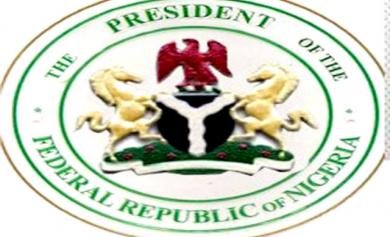
The Federal Government has been advised to improve in the management of its oil revenue so that the benefits of oil exploration and production could trickle down to the lowest class of people in the country.
This counsel was given by the chairman, Parliamentary Committee for Energy and Mines, Ghana,Mr. Moses Asaga, while speaking at the Petroleum Club meeting, a forum for Nigerian indigenous oil and gas players in the upstream sector of the nation’s petroleum industry in Lagos recently.
He said the Ghanaian government did not emulate Nigeria regarding oil revenue management, but adopted Norwegian approach to enable the country effectively manage its oil revenue, adding that for Nigeria’s oil resources to be effectively utilised for the benefit of its economy, there was need for the federal government to establish oil revenue management law.
He however, stated that Ghana decided to follow Nigeria’s initiative in the development of local content law, noting that it would open up more indigenous participation in the development of the country’s oil sector.
Asaga disclosed that the draft legislation would also require that Ghanaians hold at least a 5 per cent equity stake in oil and gas service contracts.
Asaga who also lamented the inability of the West Africa Gas Pipeline project to deliver on schedule, said the Independent Power Projects built to depend on the pipeline have suffered greatly.
“When the project started, we went ahead to build Independent Power Projects, which were supposed to be powered through gas from Nigeria . The power projects suffered greatly due to delay in the flow of gas from Nigeria, when it eventually started, the gas was not coming as compressed.”
He maintained that Ghana had learnt a lot from Nigeria’s past mistakes in the development of its oil and gas sector, informing that his country, which expected its reserves to reach 5 billion barrels in five years as more fields start production, had dedicated 30 per cent of oil revenue to the public fund.

